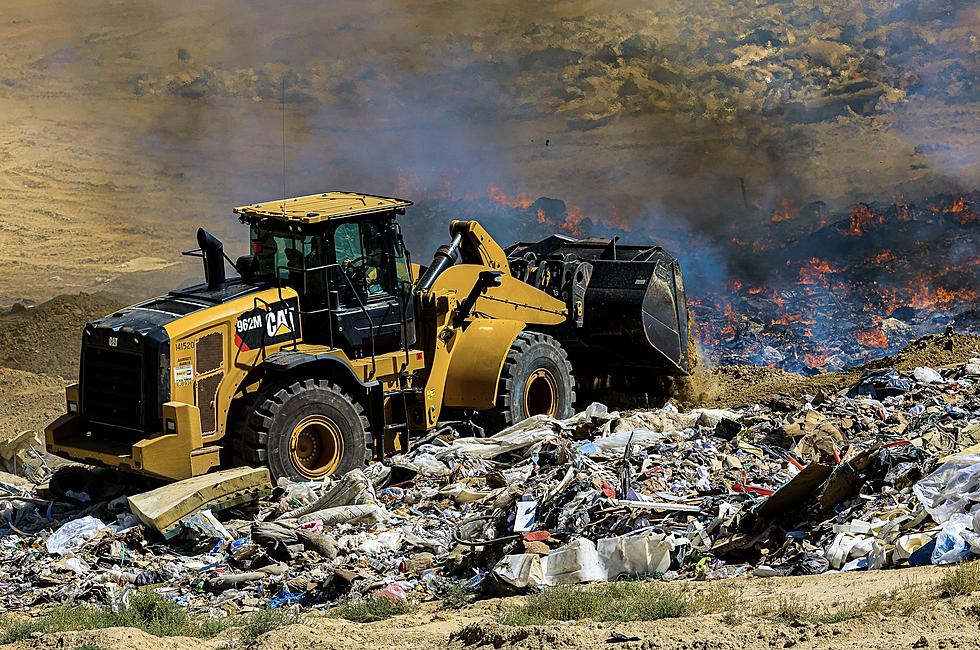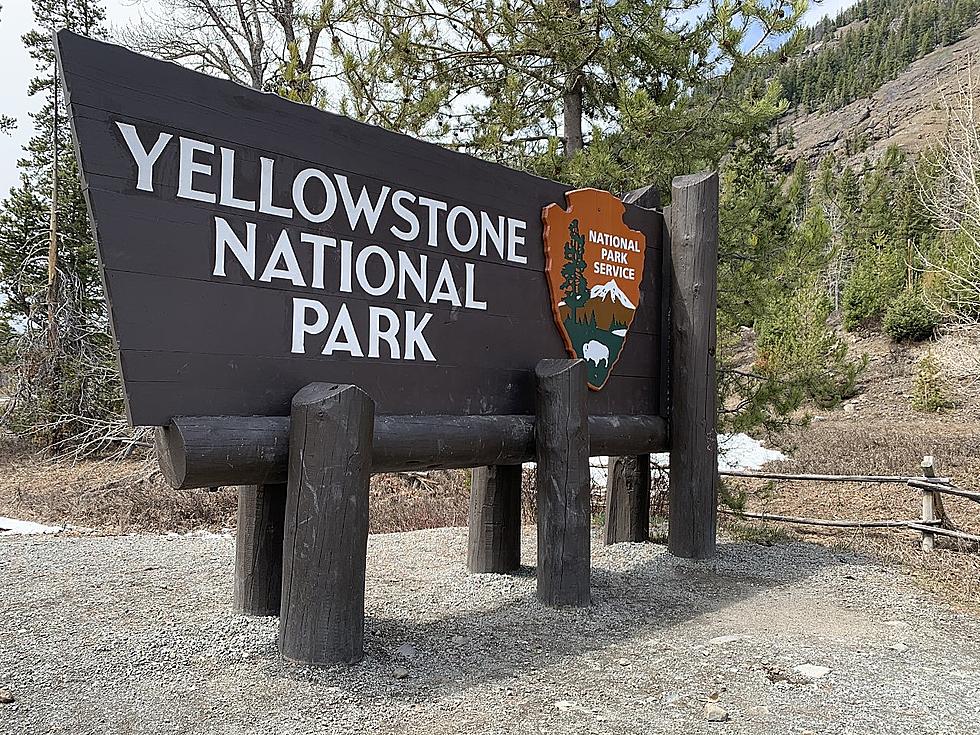
Gas Plant Operator Known as a Good Environmental Neighbor
The operator of the natural gas processing facility that exploded and burned starting Wednesday into Thursday has had a few minor pollution problems over the years, but otherwise it has been a good corporate neighbor, a state environmental official said Thursday.
The Tulsa, Okla.-based Williams Partners LP has had a mostly clean record in its operations in Wyoming, said Joe Hunter, emergency response coordinator for the Department of Environmental Quality.
"In my tenure, they have had some incidents as far as spills and leaks," said Hunter, who has worked for the DEQ for 15 years. "As far as I'm concerned, they've been very good at reporting and cleaning up any issues they've had."
According to Williams Partners sources, the fire and explosion occurred about 2 p.m. Wednesday at the one of the five cryogenic processing towers at the Opal hub, which gathers natural gas from wells in the region. No injuries were reported. The nearby town of Opal was evacuated and the company provided lodging for the residents.
Williams-related companies in Wyoming have received few notices-of-violations since 2006, according to the DEQ's website for its air, soil, water and hazardous waste divisions.
Elsewhere, however, Williams-related companies have had problems. An explosion on March 31 at a Williams Partners natural gas facility near Plymouth, Wash., injured one worker and forced the evacuation of residents withing two miles of the event, according to news reports. A week earlier, a natural gas pipeline operated by a Williams-related company ruptured in in Marshall County W.V., according to news reports.
Wyoming has its own work cut out for it now.
Thursday afternoon, Hunter said he and other DEQ officials and inspectors with Williams Partners LP have been heading to the site.
Most of the environmental concerns with an incident like this center on air quality, Hunter said. Environmental damage to soil and water would be minimal or nonexistent, he added.
Inspectors will be looking especially for places where natural gas collects to cause potential explosions. These hazards are known as "lower explosive limits," or LELs," he said.
They also will monitor the air for certain chemicals that could cause hazardous situations, Hunter said. "So they're looking for LEL, benzene, carbon monoxide, hydrogen sulfide and oxygen." Hunter said.
More From K2 Radio









